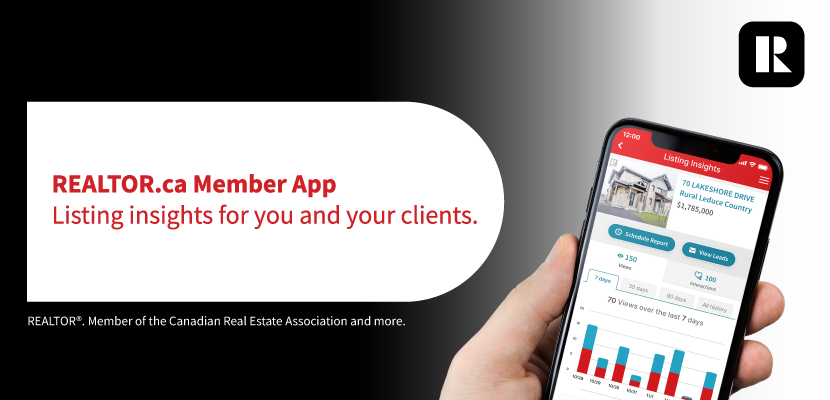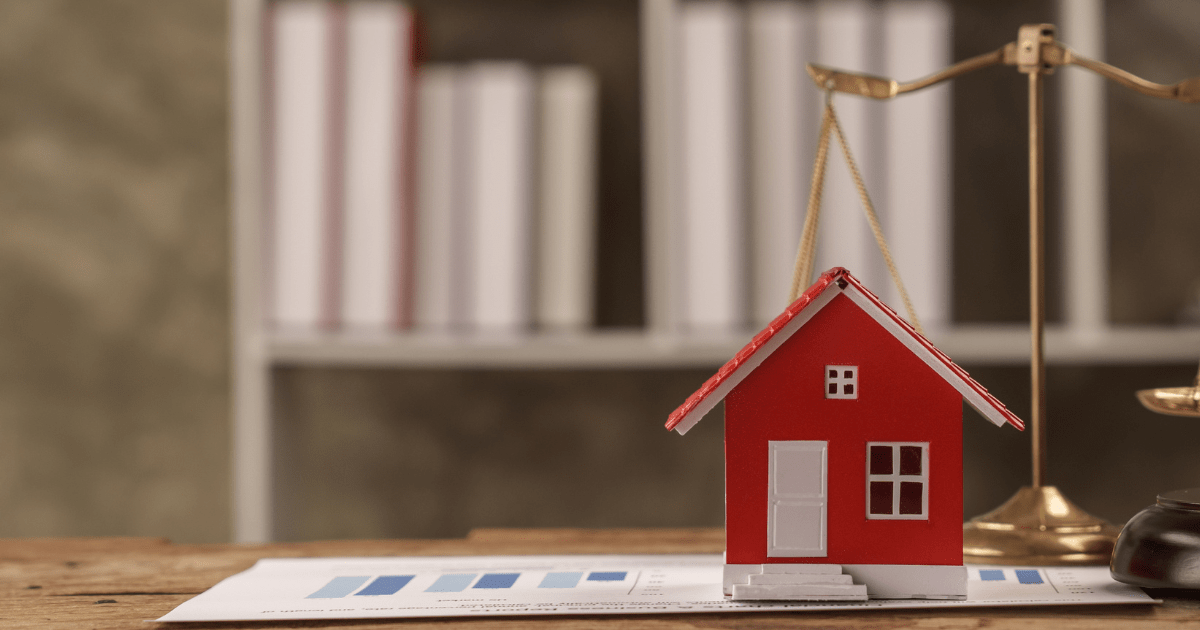We are losing our trust in Facebook – but are we learning anything we didn’t already know?
I keep thinking of the (eerie) sales/marketing quote, “If you’re getting something for free, you likely are the product.”
If you haven’t lived under a rock during the last week or two (or, if you’ve checked Facebook) you’ve likely heard of the escalating privacy breach. Revelations have surfaced that Facebook shared the data of 50 million users with the election firm Cambridge Analytica in the last U.S. presidential campaign. Adding their voices to the media frenzy are WhatsApp co-founder Brian Acton and Tesla CEO Elon Musk.
However, despite our fiercest battle cries to #deletefacebook, most of us won’t.
For many of us, Facebook is an integral part of how we socialize, network and do business.
And don’t forget, Google collects your data, too.
It’s creepy, it’s unfortunate, but there ARE ways to make your online footprint a little safer.
Here are three things you can do on Facebook to help protect your privacy online:
Clean your online house:
Do you know what your profile looks like? Check out your Settings > Timeline and Tagging > Review > Review what other people see on your timeline, and click View As. This will show you what people see (public or friends, depending on who you choose) on your profile. Remove any information you don’t want to be public.
It’s also a good step to go through your profile and delete old comments, unfriend strangers and remove any photos you don’t want up there.
Disable APU sharing:
You know all those apps that allow you to sign in with Facebook?
Sure, it’s one less password to remember, but it also means that Facebook knows whatever you’re doing while you’re on that site. You can disable API sharing by going to Settings > Apps > Apps, Website and Plugins and click Edit. You can control them from here.
Delete apps that can access your data:
Go to Settings > Apps > Logged in with Facebook and delete any you don’t want.
This means that Facebook will no longer actively provide them with your data. You will need to contact the developer directly in some cases to clear what they already have on you. Facebook should provide this contact info for you, if you wish to pursue this avenue.
Data is arguably one of the most valuable commodities in the world today. We can’t control the fact that big corporations want it and will go to great measures to acquire it. But we can educate ourselves, we can push back, and we can control what information we opt to share about ourselves online.
You might even want to find out what Facebook knows about you by downloading your data. Go to Settings and click Download A Copy of Your Facebook Data at the bottom. This could take awhile. Don’t do it from your phone.
My advice? Stay vigilant and treat the internet – and your data – with the respect and caution it always deserves.
Elle Campbell is a Canadian entrepreneur, writer and founder of Elle Connects; helping Realtors across North America market themselves on social media and through blogging. An advocate of “staying on the move” to keep inspired, you’ll find her in a yoga class, running or checking out different cities. Send her an email or call (250) 816-0714.


















